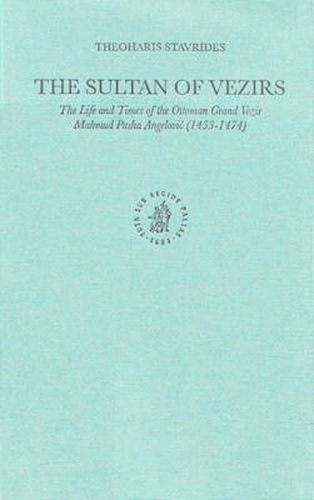Readings Newsletter
Become a Readings Member to make your shopping experience even easier.
Sign in or sign up for free!
You’re not far away from qualifying for FREE standard shipping within Australia
You’ve qualified for FREE standard shipping within Australia
The cart is loading…






Mahmud Pasha Angelovic served as Grand Vezir under Sultan Mehmed II, in the years following the Ottoman conquest of Constantinople, which were marked by an extensive imperial project, transforming the Ottoman principality into an empire. This book attempts to piece together the available evidence on Mahmud Pasha’s Byzantine descent and family network, as well as his multi-faceted contribution to the founding of the new empire, through military leadership, diplomatic practices and architectural and literary patronage, considering also his execution and the creation of a posthumous legend presenting him as a martyr. Using Ottoman, Greek and Western sources, as well as archival material, this study focuses on the period of transition from Byzantine to Ottoman Empire and would be of interest to historians and other specialists studying that period.
$9.00 standard shipping within Australia
FREE standard shipping within Australia for orders over $100.00
Express & International shipping calculated at checkout
Mahmud Pasha Angelovic served as Grand Vezir under Sultan Mehmed II, in the years following the Ottoman conquest of Constantinople, which were marked by an extensive imperial project, transforming the Ottoman principality into an empire. This book attempts to piece together the available evidence on Mahmud Pasha’s Byzantine descent and family network, as well as his multi-faceted contribution to the founding of the new empire, through military leadership, diplomatic practices and architectural and literary patronage, considering also his execution and the creation of a posthumous legend presenting him as a martyr. Using Ottoman, Greek and Western sources, as well as archival material, this study focuses on the period of transition from Byzantine to Ottoman Empire and would be of interest to historians and other specialists studying that period.